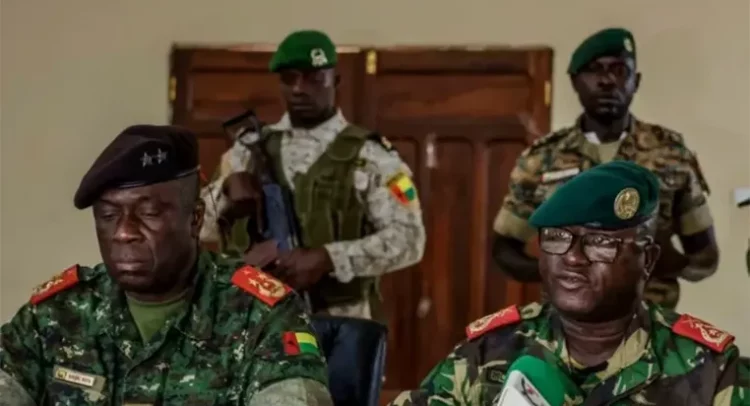With West Africa experiencing its latest coup d’etat in Guinea Bissau, the sub-region has failed to wean herself from military takeovers.
Democracy in Burkina Faso, Niger, Guinea and Mali has been lost to soldiers who are yet to achieve the lofty dreams they promised upon stealing power from the people.
Our hopes of reaping the dividends of our economic bloc, the Economic Community of West African States (ECOWAS) have never been so threatened.
The loss of the former Portuguese colony which gained independence in 1974 is a big blow to ECOWAS and by extension the African Union (AU).
The leadership of the foregone and others with passion for the progress of an impoverished continent should start scratching their heads for answers as to what is happening. When at all shall such interventions end?
The leadership of the Francophone West African countries which took over power have considered creating their own union. They have effectively called the bluff of ECOWAS, making a question about the future of the economic bloc relevant.
Losing four appendages of a fifteen-member economic bloc points at a listing ECOWAS.
Mali, Niger, Guinea, Burkina Faso and now Guinea Bissau have effectively extricated themselves from democracy and, for that matter ECOWAS, and with ease. The ineffectiveness of ECOWAS sanctions shows how vulnerable the economic bloc is.
Our leaders often engage in discourses on how to make the economic bloc strong and to carry out its mandate. With the coup mentality lingering over us like a curse, the journey to the achievement of our dream is still far; perhaps for now a pipedream.
It is regrettable that the coup in Guinea Bissau took place on the eve of the announcement of the election results.
With the presence of a strong ECOWAS observer team among them former President of Nigeria Goodluck Jonathan and our own Dr. Mohamed Ibn Chambas during the electoral process, we expect to read a comprehensive report about what really happened.
The former Portuguese colony has gone through many coups since its attainment of independence, and we cannot vouch that this is going to be the last intervention.
Of course the two main contestants in the polls, the incumbent president Umaro Sissoco Embalo and Fernando Dias each claimed victory, the usual flashpoints in African elections. We do not think the military had any reason to intervene.
ECOWAS and indeed the AU are in place to manage such challenges, and until we allow them to function in consonance with their mandate, we shall remain democratically impoverished; an ingredient for socio-economic decay.
The leadership of the remaining portions of a dismembered ECOWAS should engage themselves with a view to salvaging the economic bloc from imminent extermination.
A situation where soldiers can easily take up arms and overthrow elected governments should not be entertained.
Countries in the West African sub-region where soldiers stole power were not challenged militarily by both AU and ECOWAS because the two are not primed for such interventions. Until effective counter measures such as immediate intervention or biting sanctions are put in place when soldiers steal power, the cycle of coups will persist.


